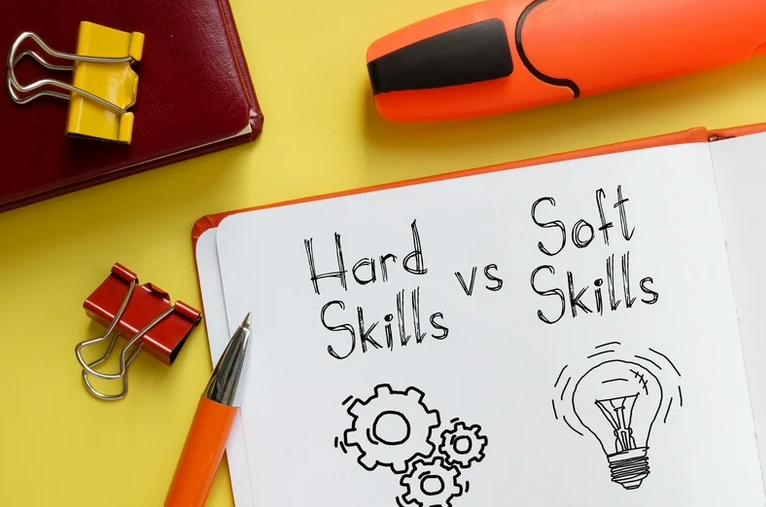Empathy, Psychosocial Skills, and Well-being


We will start with a key point derived from your initial field analyses.
You will take a step forward in your professional development by addressing the harmonious functioning of the classroom and the school climate.
You will provide evidence of your professional insight by demonstrating the progress you have achieved or observed, with ONE choice from the following options:
If a classroom visit is not possible, a video will be provided to students as an alternative observation tool.
The evidence template should ideally be half a page to one page long (maximum 2 pages), or an audio or video recording of up to 3 minutes, in which you may or may not appear. Additional documents, such as a session plan or tutor report, can be included as annexes. The self-evaluation form must be attached within the same document. If you wish to take photos or audio recordings of students, make sure to first obtain permission from your mentor teacher (MAT).
Your evidence must include:
Please ensure your submission addresses the following items:
Please check with your home university for credit recognition.